How the hotel can fight back / Global
Strange bedfellows
Despite the rise of Airbnb striking fear into the hearts of hoteliers, small independent hotels can co-exist with the homestay giant – but they have to be smart about it.We highlight a few intelligent examples and look to the future of the city stay.
Airbed & Breakfast. Few would’ve guessed that the concept of crashing at a friend’s for a night and chipping in for a bottle of wine as thanks would go from pioneer to prospector and eventual mine owner of the “sharing economy” – the industry that has little to do with sharing and much to do with old-fashioned commerce.
But what is the hospitality industry doing to cope with this absurdly successful phenomenon, which is picking its pockets in plain sight? Well, not a lot if you are a multinational chain that relies on business bucks, a staple offering and clients who balk at the mention of Airbnb. Smaller-scale independents, however, are met with an enormous challenge when their property is being encroached upon by any number of Airbnb’s two million listed rooms in one of 34,000 cities across the 191 countries in which it operates.
Lukas Hirsch, co-founder of the soon-to-open Loro hotel in Rio de Janeiro’s Lapa district, is circumspect. “Local integration is key to tackling the growing Airbnb market. Hotels need to open their doors to the community around them,” he says. “We have moved beyond the criteria of cleanliness and service – these are a given. We put emphasis on proactive communication to help guests explore.”
“Don’t go there. Live there” is Airbnb’s strapline and if you’re the type who thinks that staying in someone else’s bed or getting stuck to their shower curtain is experiencing a city like a local, then the very best to you. But for the rest of us who understand that having a local experience is very different from living it, staying in a hotel with impeccable service and knowledgeable staff will always outdo the alternative.
Sadly, many hotels sap their surroundings of energy by cutting themselves off from residents. Property developers are starting to think twice before incorporating hotels into their buildings for fear that they will dull the vitality of a precinct. For it to function as an active ambassador for a city, a hotel must use its location and citizens to build an appealing portrait of the community.
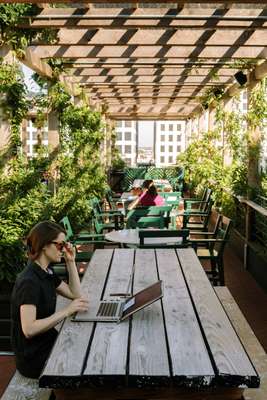
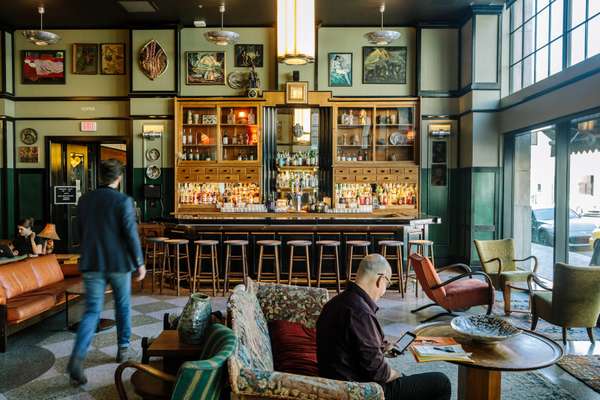
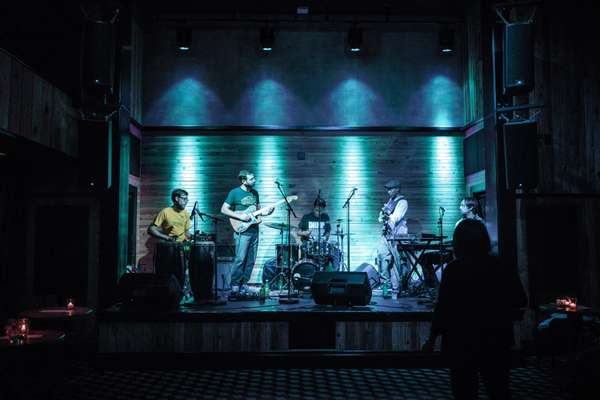




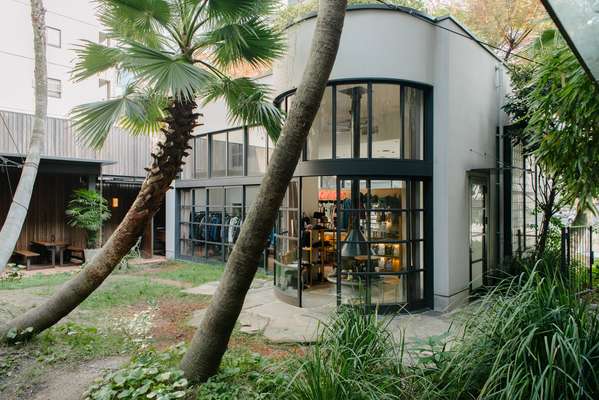

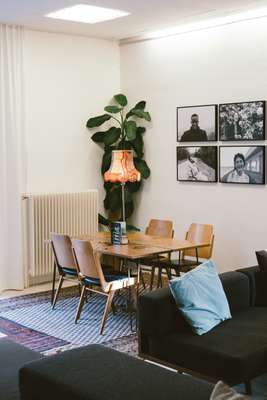
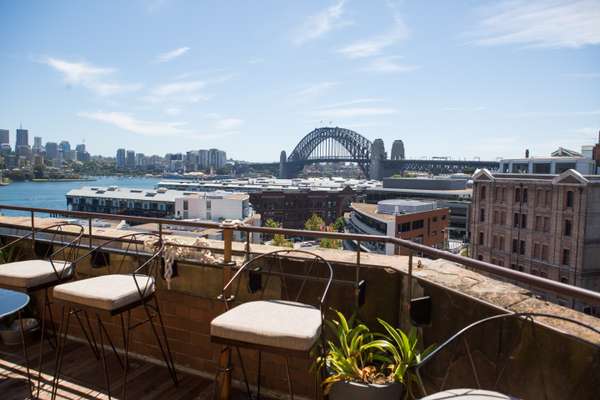
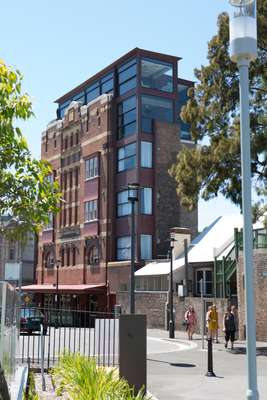
The Ace Hotel was itself a pioneer, integrating itself into each new neighbourhood over years of consultation. Its purpose was to attract the local population, thus offering out-of-towners a peek into the lives of the locals who now frequent its common areas as an extension of their own homes and workplaces. Jou-Yie Chou – cultural engineer and later brand director for the group – went on to be a partner at Studio Tack, a design and development group that specialises in independent hotel developments. He believes that assimilation and augmenting the metabolism of a neighbourhood are key.
“The unique thing about Ace Hotel is that the team is composed predominantly of creatives,” he says. “The staff are culturally curious and whether it’s art, music, design, fashion or culinary arts, the company is such that whatever the staff are interested in gets plugged into what happens at the properties.”
Beyond the questionable charm of staying in someone else’s flat and sharing in their everyday routine, there is also a shadowy side to the sharing model, a dark web of management companies that maintain extensive portfolios of Airbnb properties for absentee landlords. This not only hollows out the visitor’s experience but also hollows out the city, encouraging those with multiple properties to hang on to them.
Barcelona is rebelling against this acceleration in private-room rental, with detractors in the public and private sectors as well as in civil society. Heated demonstrations in the Barceloneta neighbourhood regularly bemoan the trend for stags, hens and dolts of all descriptions running amok and doing it from the convenience of a seven-bedroom bedsit.
The new left-leaning government has already added a temporary cap to the number of holiday rentals and raised the fine for non-registered apartments from €60,000 to €600,000. But the best example of how Barcelona is coping with the proliferation of cheap accommodation is the appearance of good-quality, mostly independent hotels that have benefited from the entrepreneurial spirit that was forged in the years following Spain’s economic decline.
Casa Bonay (see Monocleissue 86) is the most remarkable in a string of openings that includes The Cotton House, The Wittmore, Margot House, Casa Mimosa and Soho House. Owner Inés Miró-Sans decided that engaging a roster of local providers to collaborate on the concept would refresh the traditional hotel model. She offered street-facing spaces in her building to small businesses such as Satan’s Coffee Corner, reducing the number of elements under her direct control and at the same time creating vibrant spaces for residents to use. Similarly in Japan, From Where I Stand, an independent kiosk that sells travel accessories, has opened its first two outlets at With The Style hotel in Fukuoka and at the Oriental in Kobe.
Claus Sendlinger, the founder of Design Hotels, who recently helped open La Granja hotel in Ibiza, is also unperturbed by Airbnb’s success. “I see hundreds of boutique hotels opening every year and they all reflect the needs of a growing group of affluent travellers,” he says. “Design hotels at the top end are no longer simply about furniture. It’s about creating communities. I don’t see Airbnb as a threat; I wonder when hotels will start to use it as a distribution channel.”
Many hotels and entrepreneurs are reacting well to the challenge of how to develop profitable concepts that offer tangible benefits to guests, locals and wider society. The hospitality industry is responsible for high rates of employment and hotels give people from every strata of society access to training and careers. Magdas Hotel, a 78-room property on Vienna’s Laufbergergasse, uses its employees, who hail from 14 countries and speak 23 languages, as brand advocates. An emphasis on buying art produced by the students at the nearby Academy of Fine Arts and supporting immigrants at work adds to the hotel’s credentials as a “social business”.
There are also hotels that land in less desirable vicinities and turn nearby streets into areas of opportunity for independent businesses. The Hotel Palisade in Sydney was responsible for raising the profile of its neighbourhood with a renovation of an old building and the addition of an atmospheric pub. This is the kind of concept that can win over developers that want to strike out in a new district but are worried about the risks.
Hoteliers of all ilks have spent recent years fretting over new ways to remain relevant in the face of Airbnb. Yet, as Jou-Yie Chou reminds us, “Back in 1920s New York, people’s apartments were so small that they gathered in hotels to be entertained. We’ve seen things come full circle – serving locals is just as important as serving your guests.” Hotels are simply another resident in a neighbourhood and like all good citizens, successful assimilation is born of engagement, collaboration and, above all, a welcoming disposition.


